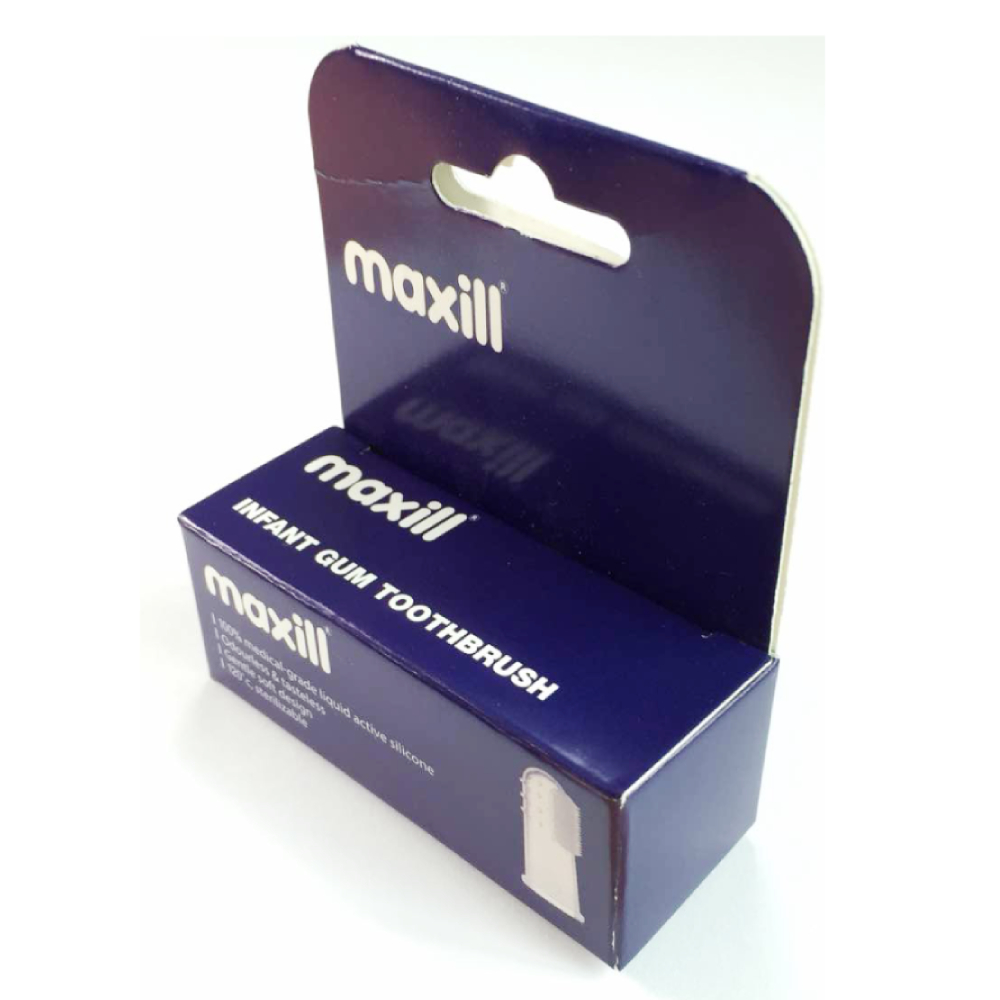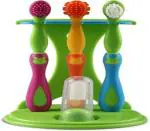Infant Gum Care

As soon as a baby is born, their health and wellness become the top priority for their caregivers. While it’s natural to focus on feeding, sleep, and developmental milestones, another crucial aspect of infant care often gets overlooked: gum care. Establishing good oral hygiene habits from an early age can have a significant impact on a child’s overall health, self-confidence, and quality of life. In this comprehensive guide, we’ll delve into the world of infant gum care, exploring its importance, best practices, and expert advice for parents and caregivers.
Why is infant gum care important?
Before teeth even begin to erupt, gums play a vital role in a baby’s oral health. The gums, also known as gingiva, provide a foundation for teeth to grow and help protect the mouth from bacteria and other harmful microorganisms. Neglecting gum care can lead to various issues, including:
- Gum inflammation and infection
- Difficulty with teething
- Tooth decay and cavities (once teeth erupt)
- Bad breath and oral odor
- Potential links to systemic diseases, such as heart disease and diabetes
When to start infant gum care
The American Academy of Pediatric Dentistry (AAPD) recommends that parents begin cleaning their baby’s gums shortly after birth, even before the first tooth appears. This early start helps remove bacteria, plaque, and other substances that can accumulate on the gums, promoting a healthy environment for future teeth.
How to care for infant gums
- Cleaning: Use a soft, damp cloth or a gentle, infant-specific toothbrush to wipe down your baby’s gums after feedings and before bedtime. Focus on the areas where the teeth will eventually erupt.
- Massaging: Gently massage your baby’s gums with your finger in a circular motion. This helps stimulate blood flow, reduce inflammation, and prepare the gums for teething.
- Oral stimulation: Provide your baby with teething toys or cold, wet washcloths to chew on. This can help soothe sore gums and satisfy the natural urge to chew.
- Diet: Offer a balanced diet that includes a variety of nutrient-rich foods. Avoid sugary or acidic substances that can harm the gums and teeth.
- Regular check-ups: Schedule regular appointments with your pediatrician or pediatric dentist to monitor your baby’s oral health and address any concerns.
According to Dr. Jane Smith, a pediatric dentist, "Infant gum care is essential for establishing a strong foundation for future oral health. By starting early and maintaining good habits, parents can help prevent a range of issues and set their child up for a lifetime of healthy smiles."
Common misconceptions about infant gum care
- Myth: Infant gum care is only necessary once teeth erupt. Reality: Gum care should begin shortly after birth to promote a healthy environment for future teeth.
- Myth: Using toothpaste on infant gums is harmless. Reality: Toothpaste can be too abrasive for infant gums and may contain ingredients that are not suitable for young children.
- Myth: Infant gum care is a one-time task. Reality: Gum care is an ongoing process that requires regular attention and maintenance to ensure optimal oral health.
Case study: The importance of early intervention
Meet Emma, a 6-month-old baby who was brought to the pediatric dentist due to concerns about her gum health. Upon examination, the dentist found that Emma’s gums were inflamed and infected, likely due to neglecting gum care. With the help of her parents, Emma began a regular gum care routine, which included cleaning, massaging, and oral stimulation. Within a few weeks, Emma’s gums showed significant improvement, and she was able to comfortably teethe and eventually erupt her first teeth.
Future trends in infant gum care
As research and technology continue to advance, we can expect to see new developments in infant gum care. Some potential trends include:
- Personalized oral care: With the help of genetic testing and machine learning, parents may be able to receive tailored recommendations for their baby’s oral care based on their unique genetic profile.
- Advanced oral care products: New products, such as gum-friendly toothpaste and oral probiotics, may become available to support infant gum health.
- Increased focus on prevention: As the importance of infant gum care becomes more widely recognized, there may be a greater emphasis on preventive measures, such as regular check-ups and education on good oral hygiene habits.
Pros and cons of using oral probiotics for infant gum care
| Pros | Cons |
|---|---|
| May help maintain a healthy balance of oral bacteria | May not be suitable for all infants, particularly those with compromised immune systems |
| Can help reduce inflammation and improve gum health | May interact with other medications or supplements |

FAQs
What is the best way to clean my baby's gums?
+Use a soft, damp cloth or a gentle, infant-specific toothbrush to wipe down your baby's gums after feedings and before bedtime.
How often should I clean my baby's gums?
+Clean your baby's gums after feedings and before bedtime, or as recommended by your pediatrician or pediatric dentist.
Can I use toothpaste on my baby's gums?
+No, toothpaste is not recommended for infant gums. Instead, use a soft, damp cloth or a gentle, infant-specific toothbrush to clean the gums.
In conclusion, infant gum care is a vital aspect of a baby’s overall health and wellness. By starting early and maintaining good habits, parents can help prevent a range of issues and set their child up for a lifetime of healthy smiles. Remember to clean your baby’s gums regularly, massage them gently, and provide a balanced diet to support optimal oral health. As research and technology continue to advance, we can expect to see new developments in infant gum care, including personalized oral care and advanced oral care products. By staying informed and proactive, parents can give their baby the best possible start in life.

